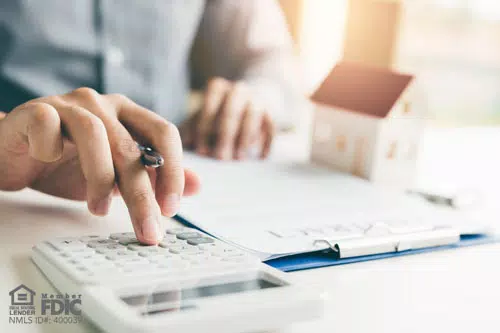It’s possible that sometime after buying a home, you’ll consider refinancing it. If this isn’t a route you’ve taken before, you may be surprised at the amount of paperwork involved. To ensure you are well informed about the process, consider these steps when determining if you want to refinance your mortgage:
Reasons to Refinance
There are lots of reasons to refinance your home. Interest rates may have dropped since the time of purchase, so you could save money by refinancing. Perhaps you initially took out an adjustable-rate mortgage loan, and now you want more consistency. And if you’ve unfortunately found yourself in a situation where interest rates keep rising, refinancing could save you from high-interest payments
Refinancing is also a way to access the equity you’ve built in your house. Refinancing is an attractive option if you have other debt, particularly loans with a higher interest rate, or if you want to consolidate your debt. Renovations and home repairs are good reasons to tap into your home equity.
Find a mortgage refinance calculator to crunch the numbers regardless of your reason for refinancing. This will help you to get a sense of your potential savings.
Shop Around to Find the Best Rate
Different lenders will charge varying interest rates, closing costs, and other fees for a refinance. Ask multiple lenders for estimates so that you can compare and understand the market trends. A lender will provide a three-page document including the loan terms, a projection of your payments, closing cost estimations, and other applicable fees.
Be Prepared for Refinancing
When considering refinancing, you should review your credit history by getting a free copy of your credit report. Since your credit score affects the interest rates you’ll be offered, it's best to know if it needs improving.
You’ll also want to know your home’s current value. There are tools available online that can help you determine this. You can also look into recent sales in your area.
The paperwork and documentation a lender requests will be similar to what a mortgage loan requires. Financial documents, including pay stubs, tax returns, and verification of other income sources, are among the paperwork you’ll need to gather when refinancing.
Refinance Fees
Quite a few fees are involved with refinancing your home, similar to the closing costs on your initial mortgage. Each lender will break these down for you in their estimate. There also could be charges to pull your credit report and research the home's title. Be wary of falling into a “no-cost refinance” marketing promotion. This means these upfront fees are worked into your ongoing loan costs by a more substantial loan balance or higher interest rate.
Making a Decision
At some point, you’ll want to lock in your mortgage refinance rate with the lender you choose. This will ensure that the interest rate you’re offered can’t be changed for a specified period. To prepare for property taxes, insurance, and other expenses, you’ll pay at closing and set aside money to cover them. These costs should be listed on your estimate so you can clearly understand how much money you need.
Here's a calculator that can help you determine if refinancing your home can benefit you. If you still have questions on whether refinancing is the right move for you, NASB’s mortgage and refinance experts can help! Reach us by calling 888-661-1982 or click here for more information.




